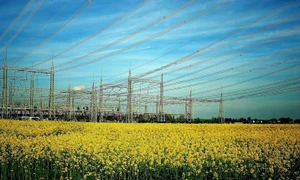
This move aligns the UK with countries like France, Italy, Spain, and the US, where public services reliably continue during strikes. The legislation, part of the Strikes (Minimum Service Levels) Act, is designed to bring balance by allowing strike actions while safeguarding crucial public services, including rail travel, emergency healthcare, and border security. The announcement was part of the King’s Speech, the official reading of parliamentary business for the coming session in the House of Commons.
Priority routes will remain open
For the rail sector, the legislation mandates that the equivalent of forty per cent of the normal timetable should operate during strikes, ensuring some level of service. In the case of strikes affecting rail infrastructure services, specific priority routes will remain open. The new regulations also apply to ambulance workers, ensuring that vital ambulance services continue during strikes, particularly responding to life-threatening cases.
Prime Minister Rishi Sunak emphasised the importance of ensuring people can travel during the festive season and receive emergency care without relying on temporary fixes. The legislation also outlines the process for employers to issue work notices to individuals reasonably required to work during strikes, with unions required to ensure their members comply. Failure to do so could result in the loss of legal protection for unions.
Not met with union enthusiasm
Transport Secretary Mark Harper highlighted in his opinion the need for minimum service levels. He said it was to address the targeting of hard-working individuals by rail union leaders. The regulations aim to strike a balance, allowing the rail industry to plan ahead to reduce passenger disruption while still respecting workers’ right to strike. Obviously, the proposals have not been met with enthusiasm from the trade unions.
Overall, the UK government’s decision to implement minimum service levels legislation reflects a broader effort to address concerns related to potential disruptions in crucial public services and maintain a balance between workers’ rights and public safety. The legislation comes amidst ongoing industrial disputes and a commitment to enhance public service resilience. It might be speculated that the bill played a part in deciding the train drivers’ union (ASLEF) to go ahead with a programme of strikes in early December.























